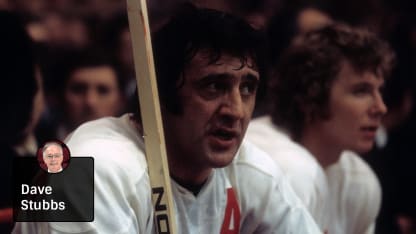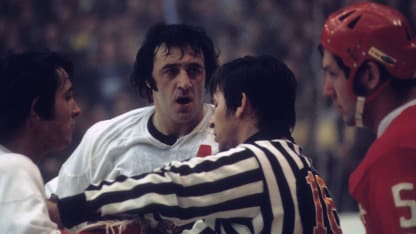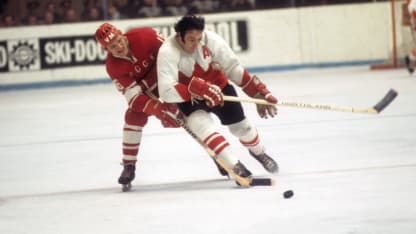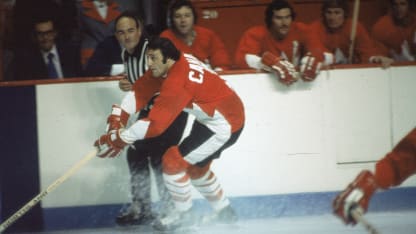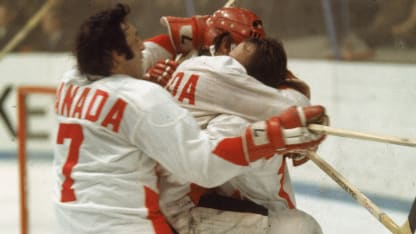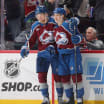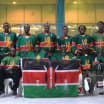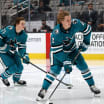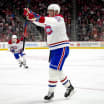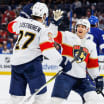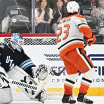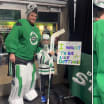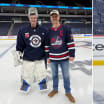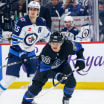"Was that the best period I ever played?" Esposito says now, repeating the question. "With all due respect, I can't answer that. All I can say is that when they called my name, I was there. And I wasn't comin' off.
"I've felt bad over the years. I've reflected about staying on the ice sometimes and going through Bobby and Jean's linemates," he says of fellow centers Bobby Clarke and Jean Ratelle. "That was really selfish of me and I know that. But the truth was, I had this faith in myself, faith to get the job done. I can't explain it. But I did this in the NHL, too. I was not always going to get it done, but I had faith in myself that 70 or 80 percent of the time, I would."
Esposito finished with seven goals and six assists in the eight-game series. His team-leading 52 shots on goal were almost double the 28 taken by Henderson, and his 89 shots at the Soviet net were well more than twice Henderson's 38.
The native of Sault Ste. Marie, Ontario, was the only player on either team with a four-point game, that being Game 8; he scored Canada's first goal, then found another gear in the third period, in which he was the series' only player with a three-point period.
In 18 NHL seasons, on his way to 1984 Hockey Hall of Fame induction, Esposito scored 1,590 points (717 goals, 873 assists) in 1,282 regular-season games, as well as 137 points (61 goals, 76 assists) in 130 Stanley Cup Playoff games.
His 118 career game-winning goals are second on the NHL's all-time list behind Jaromir Jagr (133), and his trophy case is bulging: Esposito won two Stanley Cup championships, the Art Ross Trophy five times as the NHL's leader in points and the Hart Trophy twice as regular-season MVP. He was a First-Team All-Star for six consecutive seasons, from 1968-69 through 1973-74.
Yet for many, his career is best remembered for 27 days in September 1972, climaxing with his endless shift.
